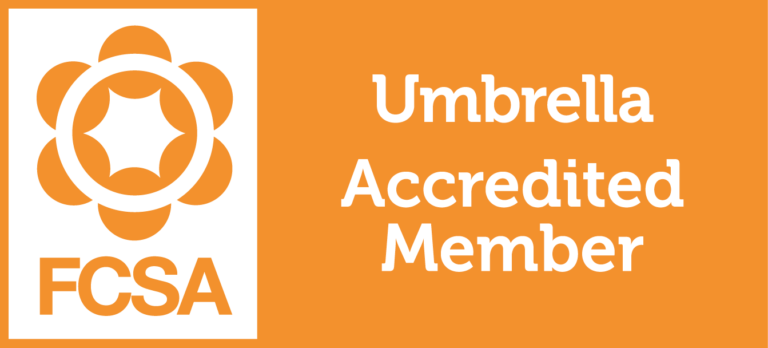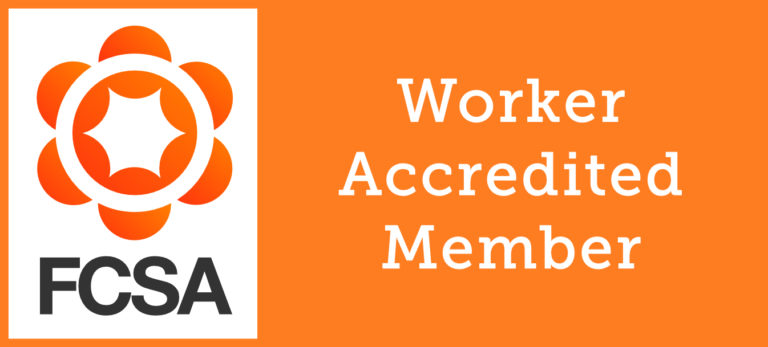
Children and young adults with Special Educational Needs and Disabilities (SEND) have been disproportionately impacted by the effects of Covid-19. Ofsted and the Care Quality Commission recently highlighted concerns including missed learning opportunities, reduced time with dedicated teaching assistants and lack of access to essential services like physiotherapy and speech therapy which have further damaged children’s ability to participate in their education and connect with peers.
2022 has presented a variety of challenges for teaching staff across the UK. Educators are also struggling to support pupils from disadvantaged backgrounds whose family situation has been impacted by the pandemic, the mental health and behavioural difficulties faced by teenage students, and their own levels of stress created by high workloads and rising school staff shortages. How can teachers best support students with SEND despite the multitude of challenges ahead this term and Academic year?
Generate’s specialist team partner thousands of teachers every year; we reveal our education network’s best advice, guidance and top tips to take on board.
4 Ways Teaching Professionals Can Best Help Pupils with SEND in the Classroom
1. Scaffolding – Provide Learning in Small Steps
Pupils of all ages, abilities and engagement levels will benefit from bitesize information and practical guidance for difficult tasks, but none more so than those with additional lerning challenges. The scaffolding concept involves sharing new information by demonstrating how the task is completed, then stepping back to let students practice as a class/in groups using the example provided by the teacher, and pupils then practice individually. Context is particularly important: show students shorter pieces of text or less complex visual information before they are expected to take in more details and theories, or talk students through the vocabulary they will need to understand before they read a new text extract.
Scaffolding can make it much easier for pupils and teachers to identify specific areas where pupils struggle and where teachers can provide more support, such as memory, reading, numerical skills or critical thinking. The scaffolding method enables teachers to closely guide children and young people through every activity, but to step back and provide the opportunity for creativity and independence when appropriate, ensuring the best possible learning experience.
2. Differentiate – Tailor Education Methods to Individual Abilities
The best educators will know that every student learns differently, and this also applies for those with SEND. To help a whole class of differing abilities learn together, try a variety of teaching resources such as diagrams, flow charts, videos, podcasts, music, games and practical tasks as well as theory.
Cognitive psychologist Jerome Bruner believed that to provide the best educational experience for all students, subject matter should be represented in terms of the child’s way of viewing the world, and advocated teaching by organizing concepts and learning by discovery. When you spend time with your pupils, pay attention to how they learn, which areas they find difficult, and if they are able to verbalise their needs, ask them about their likes and dislikes in a way that is appropriate to their age and ability. If you have a teaching assistant, form a strong relationship with them based on regular and specific communication, to best understand your students as individuals.
Try different approaches to learning to see which works best for your student with different areas of the curriculum and different types of tasks. More creative tools can help to illustrate abstract or unfamiliar concepts, such as physical models, Lego and building blocks, counters, number cards, beads, dice and toys.
3. Empower Autonomy and Growth Mindsets
Framing activities and challenges with the right attitude can prove the difference between a student’s frustration and the perseverance that leads to success. Language is particularly key: positive reinforcement and using words like ‘yet’ communicate to pupils that problems are not unsolvable and that you believe in their ability to find the solution, which means they can too.
The valuable learnings from mistakes and problems, and the success achieved with your support, will slowly build students’ confidence to pursue tasks more independently. Students who develop a growth mindset will anticipate success instead of failure – which is vital for children with SEND, who are often excluded from or unable to access many of the experiences enjoyed by their peers – and will see the student better able to focus, get creative and get much more out of the learning experience. Self-belief and autonomy are also vital to any child with a disability or additional needs, to support positive mental health and empower young people to imagine and build a positive future.
4. Share Your Challenges & Get Direct Support
Whilst educators may worry about taking up their colleagues’ time during a period of heightened workloads and greater staff absences, the best support for any challenge will come from those who have experienced the challenge before. Your Head of department, other teachers of different age groups and subjects, and peers outside of your school will usually have encountered many of the difficulties associated with SEND, such as behaviour management and student safety. Merely vocalising the problems at hand can help guide you towards a solution, and a trusted mentor or peer can help you measure your progress and grow in confidence as you implement a solution.
Many teacher recruitment agencies and education bodies like TES offer courses specifically designed to empower teaching professionals with the tools and techniques to best support students with SEND. Often free and available to take in your own time and online, such classes, resources and guidance can cover safeguarding, behaviour strategies and intervention tutoring, and how to support specific needs including Dyslexia, Dyspraxia, Attention Deficit Hyperactivity Disorder (ADHD) and Autism Spectrum Disorder (ASD).
Find the Best Support in Your Teaching Career
Generate have a decade’s experience providing payroll, compliance, tax and finance support to thousands of education professionals all over the world. Find out how we could help you.
Post-Covid, teachers across the UK have reported increases of concerning student behaviour towards other pupils and staff. Read our 4 Ways to Encourage Positive Behaviours in the Classroom.











